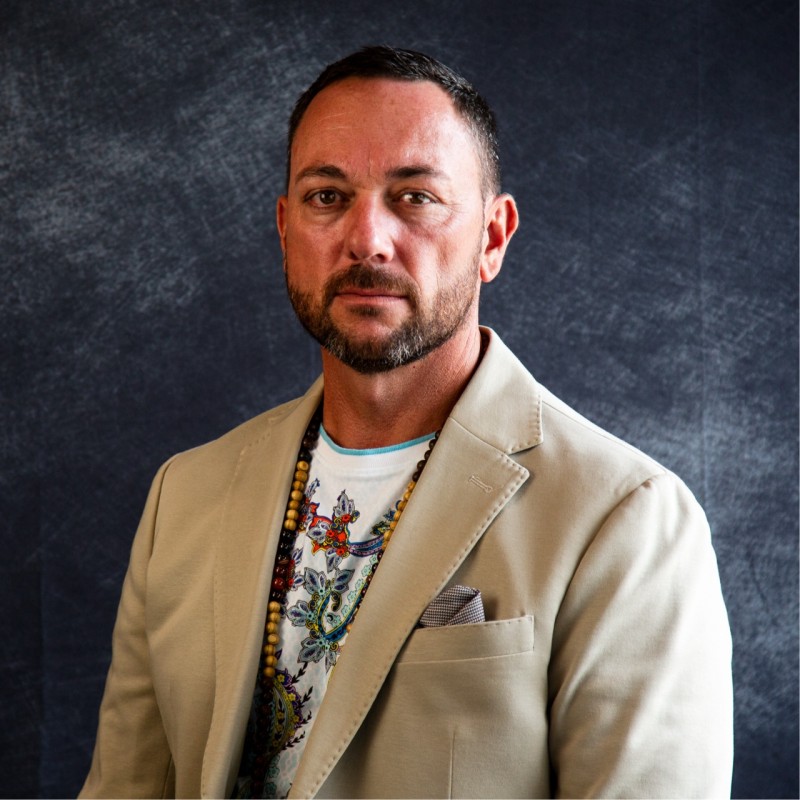Shield the Vulnerable: Breaking Chains, Building Futures

With more than two decades in child welfare, Kristian has seen the landscape change—but not always fast enough. “The average age of entry into human trafficking is 13 years old,” he says. “That tells us we need to have systems and supports in place well before that age.”
A Hidden Crisis in Plain Sight
Kristian underscores that no community is immune. “We’ve seen trafficking in all backgrounds—affluent neighborhoods, rural communities, urban centers, kids in care, even children from stable homes. Nobody’s immune to it.”
He warns that one of the greatest barriers is disbelief: “This isn’t a provincial or federal issue. It’s right in your backyard.”
Connection Over Compliance
For Kristian, prevention starts with connection. “When children feel seen, safe, and supported—whether through family, school, community groups, or even one trusted adult—their risk of exploitation drops dramatically.”
Prevention is not just education; it’s about building trust and consistent relationships. “It comes down to having those open, honest conversations early—not just when there’s a crisis.”
“If you can change the life of one child today, you’ve made a difference for seven generations.”
Empowering Families, Not Controlling Them
Kristian challenges traditional models that focus on investigation and removal. “We need to move away from the idea of power over families to power with families,” he explains.
Families often can develop their own solutions when given the right supports. This community-centered approach emphasizes healing and partnership rather than punishment. “Removing children from their homes should never be the first option. It isolates them further and puts them at greater risk.”
Indigenous Communities and Generational Healing
A significant part of Kristian’s work focuses on Indigenous communities, where the effects of colonization and historical trauma are still felt. “Fifty percent of trafficking victims come from Indigenous communities,” he says.
Kristian stresses self-determination: “We must step back and let Indigenous people lead their own solutions. Our role is to support, not decide.”
Healing generational trauma is long work—often measured in generations—but restoring culture, identity, and community today changes outcomes for the future.
The Role of Community: It Takes All of Us
Protecting children is a shared responsibility. Kristian calls for a renewed sense of neighborhood trust and proactive community involvement.
He compares modern needs to the old block parent programs: communities must provide both offline and online safe spaces where children know there is always someone to turn to.
From Awareness to Action
Kristian’s message is simple: awareness alone won’t prevent harm—action will. Open dialogues, ongoing education, and compassion are essential.
Every conversation counts. A parent asking about their child’s day, a teacher noticing behavior changes, or a neighbor checking in—these small acts of connection help stop exploitation before it starts.
About Kristian Wilson
About Kristian Wilson
As Executive Director of Huron Perth Children’s Aid Society, Kristian Wilson has spent over three years leading with a focus on advancing equity and inclusion in child welfare. Under his leadership, the organization prioritizes collaborative, community-centered approaches that help children and youth thrive within safe, enduring relationships.
By addressing systemic barriers such as colonialism and racism, Kristian and his team foster culturally responsive care that values the voices and identities of the families and communities they serve. Their work emphasizes prevention, kinship, and empowerment, taking into account social determinants of health like housing, education, and income.
With more than two decades of experience in child welfare, Kristian’s approach centers on timely, strengths-based services shaped through humility and partnership. His ongoing mission is to walk alongside communities to build systems rooted in justice, belonging, and lasting change.

